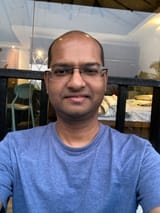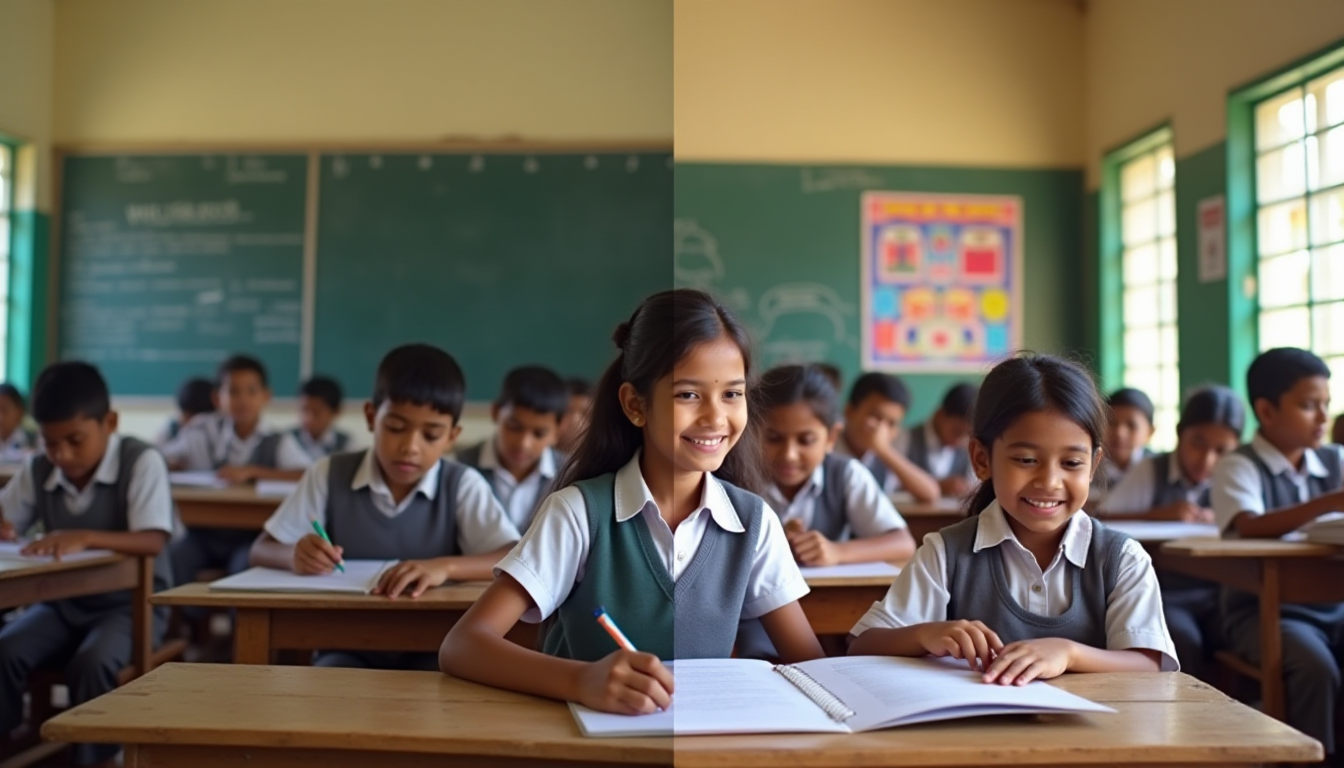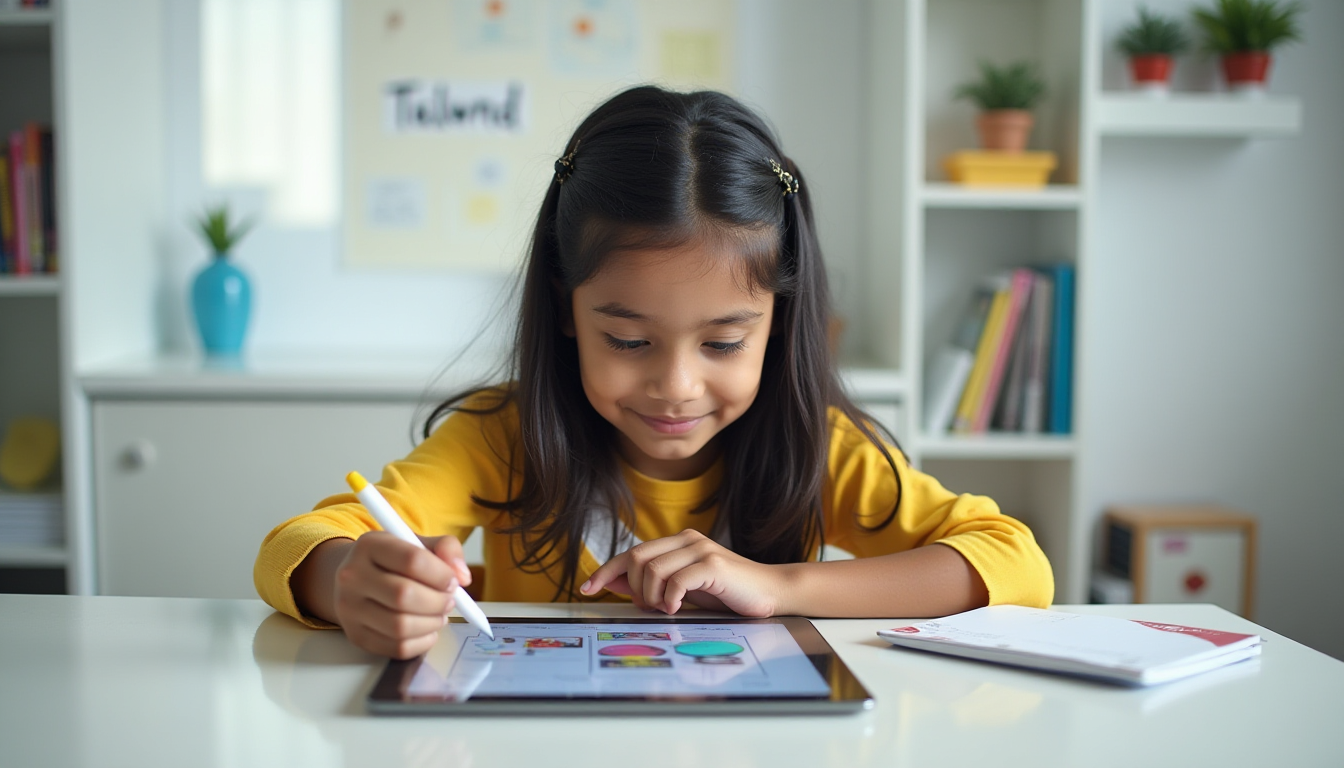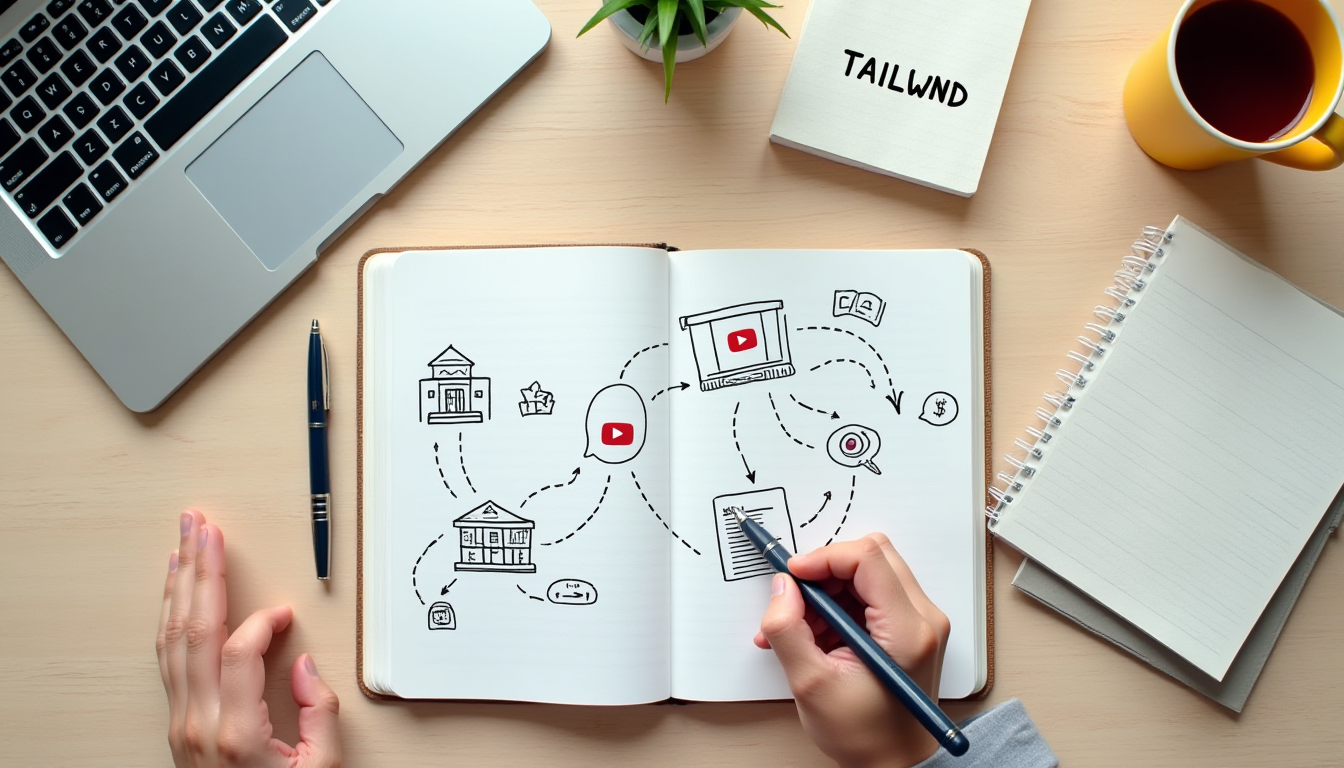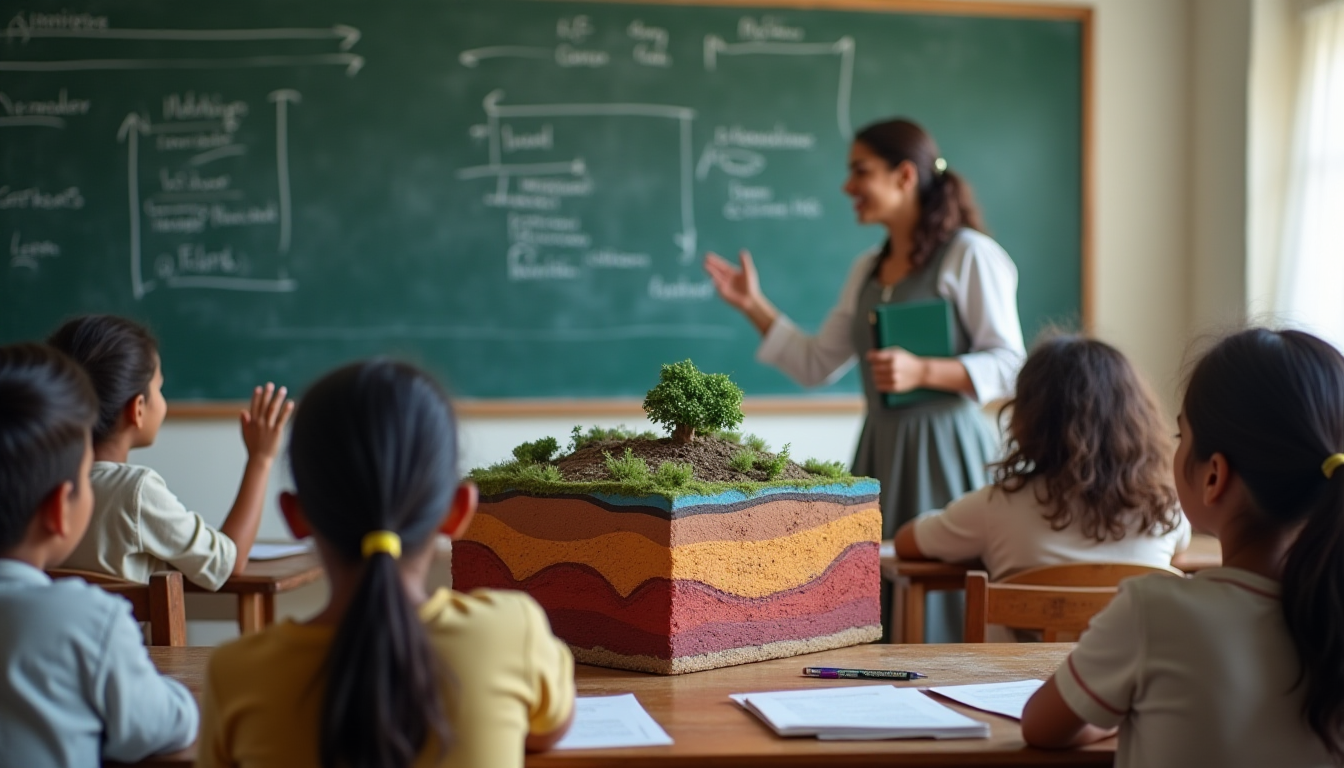Listening to the Real Experts: Students
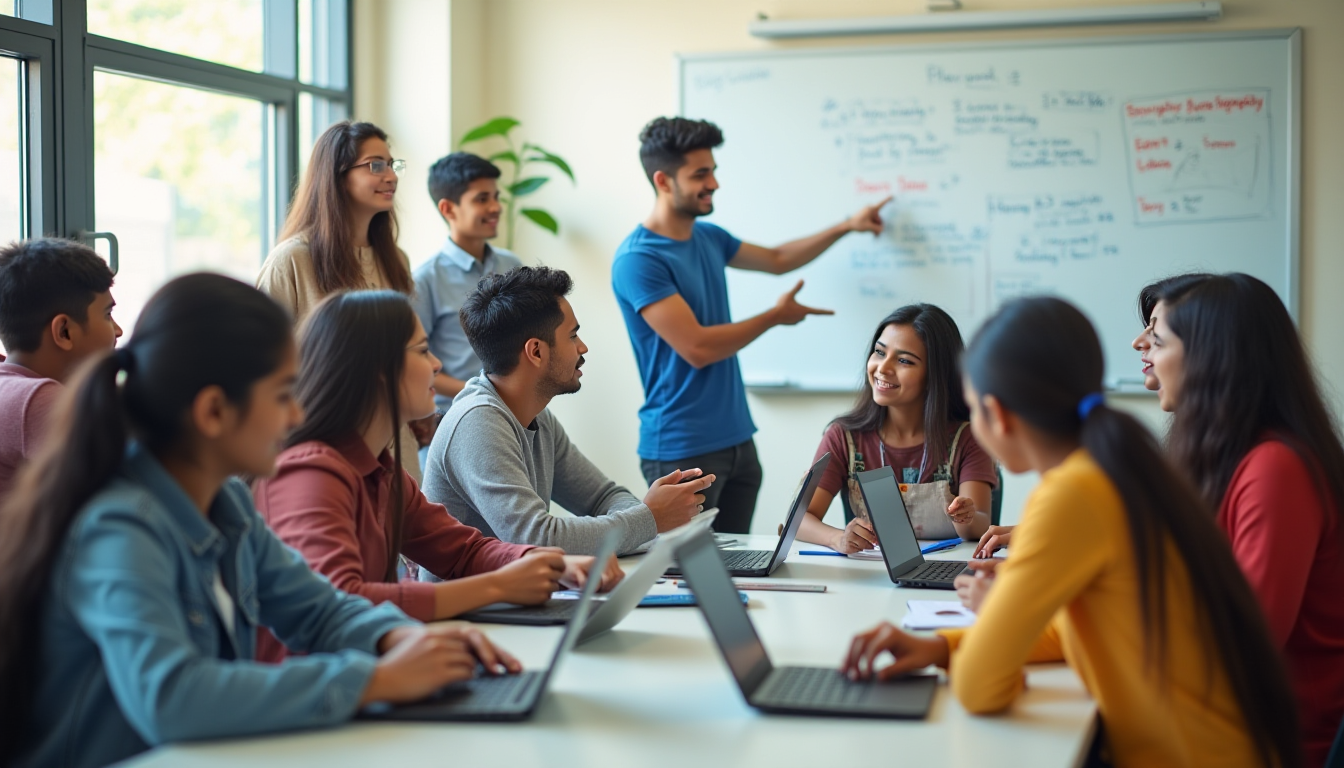
Imagine this: A group of 8th graders struggling to understand trigonometry. The classroom lesson ended hours ago, but instead of giving up, they huddle around a phone, watching a YouTube tutorial together. Within minutes, one student figures it out and explains it to the others in a way that suddenly clicks.
Or think of a 6th grader who feels lost in history class. Later that evening, she joins a small Discord group where friends share short videos, memes, and quizzes they made for each other. By the next day, she’s more confident and even raises her hand in class.
These moments aren’t rare. They’re happening everywhere. Students are already finding ways to learn better, faster, and more creatively—often outside the walls of school. The real question is: why aren’t we listening more closely to them inside the classroom?
Why Student Voices Matter
Education systems are often designed for students without actually asking them what works. It’s like throwing a party for someone while keeping them locked in another room, then being surprised when they don’t look thrilled.
Teachers see their subjects. Principals see budgets. Policymakers see test scores. But only students live the whole journey—from the first bell to the last, from failures that sting to victories that make them proud. They know which lessons inspire and which ones drain energy. They know which methods make concepts stick and which ones feel like endless busywork.
If we want schools to truly prepare children for the future, we need to start treating them not as passengers but as co-pilots.
Beyond Token Gestures
Asking students to pick the canteen menu or choose playground colors isn’t enough. Real student voice means inviting them into deeper conversations:
- How do you want to show what you’ve learned?
- Which topics feel meaningful to you, and why?
- What kind of classroom setup helps you focus best?
A student once said during a workshop, “I learn math better when I can explain it to someone else, not just copy formulas.” That insight alone could reshape how we think about assessments.
They’re Already Ahead of Us
Students today are digital natives. While schools debate whether phones belong in classrooms, children are building their own learning ecosystems—tutorials on YouTube, peer-to-peer discussions on WhatsApp, collaborative projects shared on Google Docs.
I recently heard about a group of teenagers who started a small Instagram page to explain science experiments in 60-second clips. They weren’t doing it for marks; they were doing it because it made learning fun and shareable. This is the future of education already unfolding.
What Happens When We Listen
When we take students seriously, we uncover powerful truths:
- Sitting in rows for six hours doesn’t equal focus.
- Memorizing for tests rarely equals understanding.
- Having a say in what and how they learn builds responsibility, confidence, and curiosity.
In one pilot program, when students were asked to suggest changes, they didn’t ask for “less work.” They asked for more project-based tasks, more real-world examples, and more chances to learn by doing. In other words, they wanted better learning, not just easier learning.
5 Practical Ways to Start
- See students as partners – They are the system’s daily users; their insights are gold.
- Ask the right questions – Move beyond surface-level choices to meaningful ones.
- Acknowledge their innovations – From YouTube to group chats, they’re already reimagining learning.
- Adapt to their digital world – Let’s teach in ways that feel natural to them.
- Act on feedback – Listening without change is just lip service.
A Shared Future
The future of education isn’t waiting for policy papers or shiny new tech. It’s already being written by students who are curious enough to explore, brave enough to experiment, and creative enough to share.
Our role as educators, parents, and leaders is simple: listen, learn, and adapt. Because when students move from being silent passengers to active co-creators, education stops being something done to them—and becomes something built with them.
And that’s when the real magic begins.

